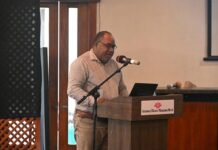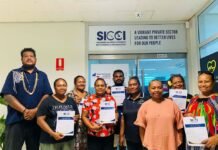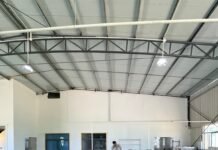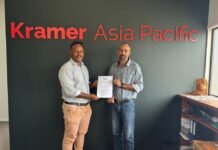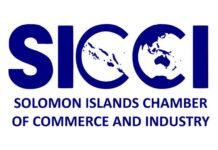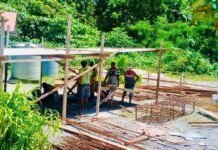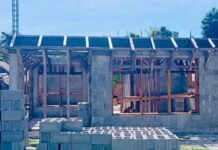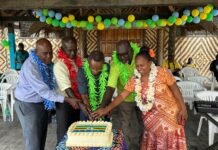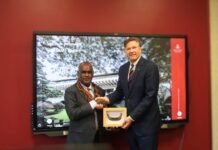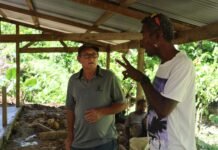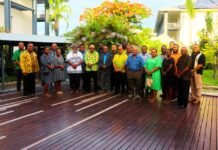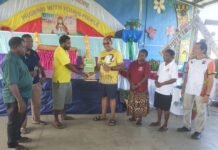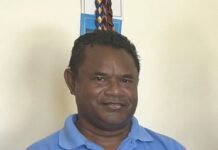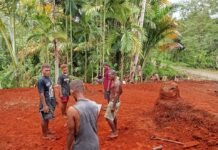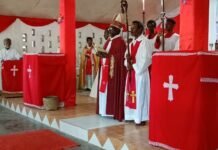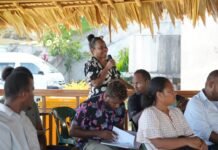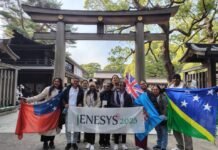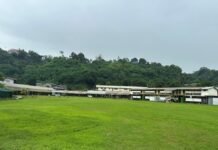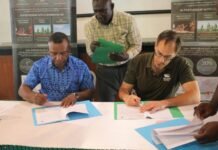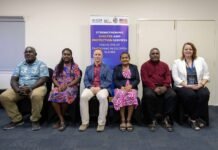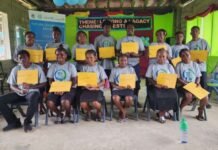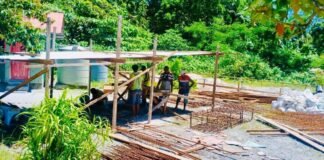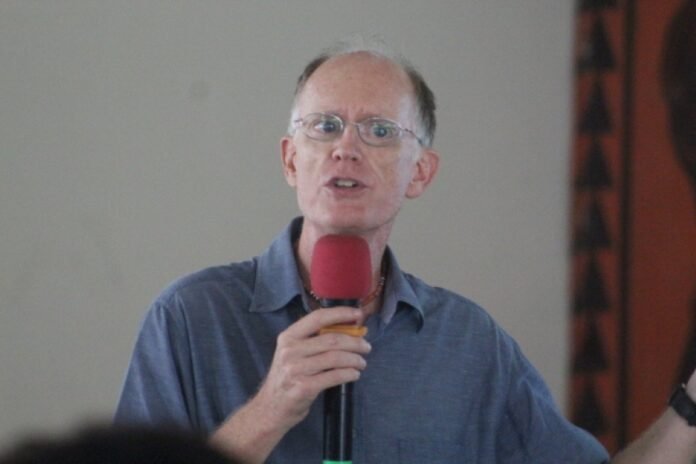
BY JOHN HOUANIHAU
SOLOMON Islands Pijin poses a significant threat to native languages, according to Literacy Consultant Timothy Matzke of the Solomon Islands Translation Advisory Group (SITAG) during the recent International Mother Language Day at Solomon Islands National University (SINU), Panatina.
Mr. Matzke said that the preliminary figures from the 2019 census indicated that pijin is now the largest spoken language in the Solomon Islands for the most first language speakers.
He said that the SITAG reconvened with the census in 1999 to add language to the census in the organization’s desire to help the government know more about the language situation in the country.
“Pijin is the first language of many children in our urban centers, so there’s some need to go with it in education. Now, that’s a complex situation. It’s not the place I want to start because let’s do things we can successfully succeed at first. But it is something you need to address,’’ Matzke said.

He also highlighted that the Solomon Islands Pijin is the greatest competitor to the native languages.
“And so, if preserving our local languages is of high value to us, we need to consider the fact that the greatest danger to the native or mother tongue language is Solomon Islands Pijin.
“It put us in this difficult situation as Pijin and English are there and are not going away, and yet if it is actually the greatest danger to our native languages, we need to make use of Pijin, but not in a way that it overwhelms our native language but in a careful manner,’’ he said.
Mr. Matzke said that it is the nature of language that has changed as the world around us changes rapidly.
“And because people who speak one language interact with people who speak a different language or multiple languages, there is borrowing and influence from one language to another language or even competing with one another.
“For people who value their languages, it is a genuine loss,’’ he added.
Likewise, the Dean of the SINU Faculty of Education and Humanities, Dr. Patricia Rodie, recognizes the importance of language in early childhood development and education. The new Education Act 2023 is a landmark to mandate the teaching of vernacular language in early childhood education.

“This is a testament to our nation’s commitment to preserving our linguistic heritage and ensuring that our children are rooted in their cultural identity from a tender age.
“At the SINU, we are dedicated to advancing this mission because language is not just a means of communication but a vessel for carrying our values, wisdom, and the essence of who we are as a people,’’ Dr. Patricia said.
She said that they are committed to integrating language and vernacular training into the teacher’s education programs to ensure future generations nurture and pass on this invaluable legacy.
“I am thrilled to announce that SINU will partner with the Kulu language institute led by Dr. Alpheaus Zobule, which represents a milestone in our commitment to preserving and promoting the rich linguistic heritage of the Solomon Islands.”
The Kulu Language Institute, based in Ranongga, Solomon Islands, aims to help the people of the island reach their full potential by valuing local languages, culture, and people. The institution is spearheaded by the founder and director of the Kulu Language Institute, Dr. Alpheus Zobule.






